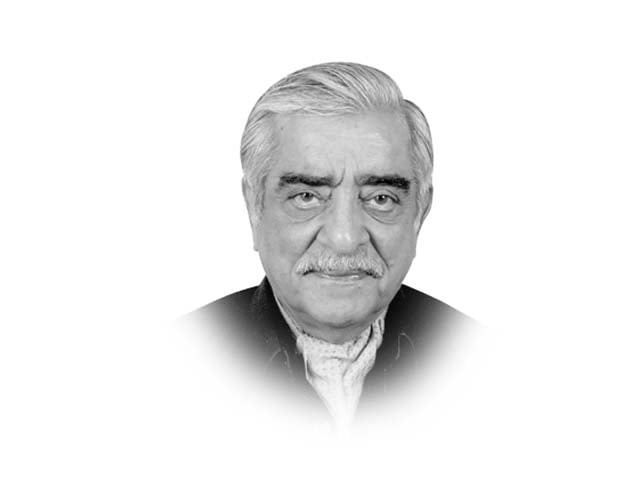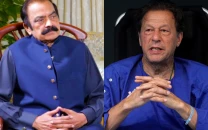The Kabul meetings
Apparently a large part of time was taken up by Afghanistan blaming Pakistan over cross-border artillery fire

Recent stories in the American media have highlighted the fact that more than 8,000 new soldiers/policemen are entering the forces every month in Afghanistan and are being allowed to do so after what seems to be the most cursory of security vetting.
Clearly, such Afghan forces will not be able to combat the insurgency or to provide security after international forces withdraw in 2014. Reconciliation is, therefore, the only way that foreign forces can leave without a fear of Afghanistan descending into chaos.
As regards the meetings, the military commanders of Pakistan, Afghanistan and the US met recently, presumably to discuss coordination of action against the insurgents on both sides of the border but, in all probability, they talked about the modalities for establishing contact with the insurgents, the conditions that would need to be laid down for such talks and the prospects of success. The next meeting was that of the Afghan contact group, which brought together the 40-odd countries that are donors of assistance. On another plane, the Afghans had summoned a meeting of provincial governors to discuss the carrying forward at the provincial level of the reintegration and reconciliation process. Nothing has been said publicly that would indicate any advance towards reconciliation in these deliberations.
The most important meeting was that of the ‘core group’ — consisting of Pakistan, Afghanistan and the US — to discuss the details of reconciliation. The backdrop was provided by US Special Envoy to Afghanistan and Pakistan Marc Grossman’s statement that the meeting was “a way to coordinate efforts on reconciliation but also a way for Afghanistan and the US to state clearly to the government of Pakistan... to end the support by Pakistan of safe havens.” Earlier he had said, “Pakistan had important choices to make”. Lastly, Grossman had also said that the Pakistanis had not been involved in the contacts the Americans had established with the Taliban.
It seems from the cursory coverage the meeting has received so far that a large part of time was taken up by the exchange of allegations regarding cross-border artillery fire from the Pakistan side and the five separate occasions on which insurgents crossed over from Afghanistan to attack Pakistani forces in Dir, Mohmand and Bajaur. At the joint press conference, the one point highlighted in the press was Foreign Secretary Salman Bashir’s call for “an end to the blame game” and for Pakistan and Afghanistan to “take ownership of their own affairs”. Whether this was meant to suggest that reconciliation was something that need not involve the Americans was unclear. What did become clear to careful observers was that there had been little or no meeting of minds.
In the meanwhile, other difficulties between the US and Pakistan are being made more public. Not only did Grossman talk about Pakistan having to make choices but US Ambassador to Afghanistan Karl Eikenberry asserted that Pakistan had a bad record of fighting insurgents.
As if this were not enough, in Senate hearings, the incoming commander of American forces in Afghanistan, General Allen, maintained that Mullah Omar was in Pakistan and that despite requests the Pakistanis had not found him.
Other reports indicate that the reimbursement of the coalition support funds has been held up ostensibly because Congress has not yet accorded approval. Our ministry has said that there are some $3.5 billion due from the US on this account. If these sums do not become available soon, our parlous economic condition will become worse.
What should we do if relations continue to deteriorate and we become subject to further attacks from across the border? Our defence minister says we need to review our terrorism policy, but in what direction?
Published in The Express Tribune, July 2nd, 2011.



















COMMENTS
Comments are moderated and generally will be posted if they are on-topic and not abusive.
For more information, please see our Comments FAQ